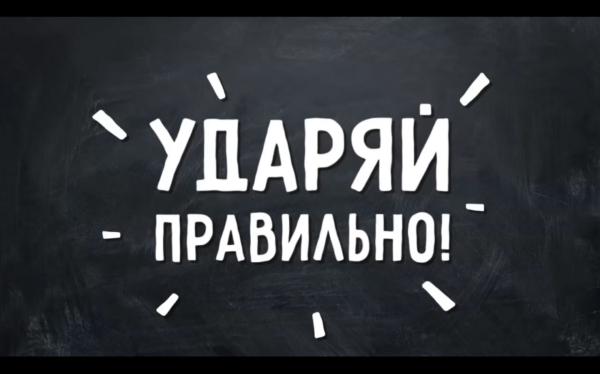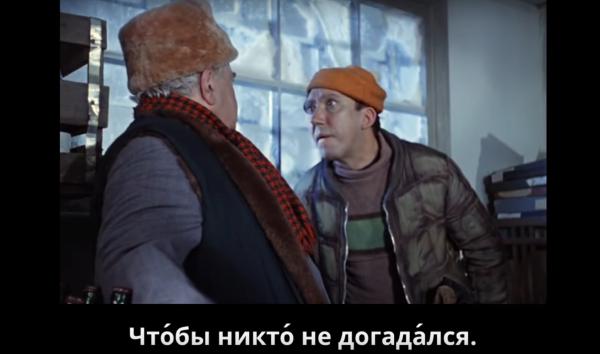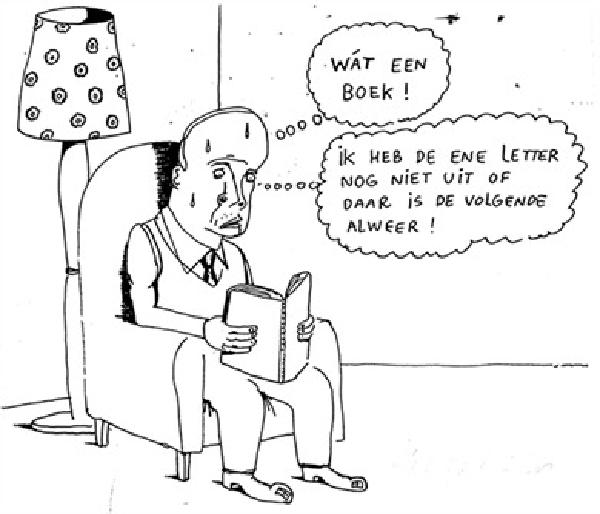Stress (Ударение)
Language
One of the
8 common mistakes every Russian language learner makes according to Russia Beyond (2018). Including a “Word of warning: It takes a VERY long time to get accustomed to the stresses on Russian words At times, you’ll be confronted with a new word and have absolutely no idea how to pronounce it.’ No stress: this is going to help, and will speed things up.
Imperative Mood (Imperative)
Language
Look, this really isn’t difficult. Commands (
orders, mandates) using the
imperative mood. Also known as the imperative, from imperare = to command. With this повелительное наклонение, you can also be polite: it can express a wish, request, or advice.
Russian Ordinal Numbers
Language
After covering the basic
numbers or
cardinal numbers, here’s the second part:
ordinal numbers, like first and second. In English, they’re called ordinal numbers, and in Russian, they are порядковые числительные (stress on the second syllable both times). Ordinal numbers are usually easy to derive from the cardinal number – although words like “first” and “second” are exceptions right from the start.
The letter ы
Language
It looks like two letters but has an indescribable sound. The 29th letter of the Russian alphabet is quite unique and often causes problems with pronunciation. We are talking about the letter ы, a sound not found in many other languages (except perhaps Turkish). As such, it takes some effort to pronounce it correctly.
Is Grammar Unnecessary?
Language
This might sound like music to many ears: learning Russian without grammar. Is this a case of ‘too good to be true,’ or is it really possible? The advice of
Benjamin Rich (Bald and Bankrupt on YouTube) is clear. Forget grammar. In fact, (from the description under the video embedded here), ‘throw away the grammar books and you’ll make massive progress very quickly.’
Why Learn Russian?
Language
There are many reasons to (want to, start, or continue) learning Russian. It’s the language of the world’s largest country, the biggest language in Europe, and it’s useful in many countries outside of Russia too. And perhaps the best reason to learn Russian: simply the most beautiful language of all.
Making Sentences
Language
In Russian, you can say a lot with few words. The language is compact, and many sentences are simple. “He is an engineer” is already short, but Russians cut it in half: “He engineer” – that’s all you need to say. The language requires few words but the right ones.
Gluing Sounds
Language
Russian is a phonetic language. The way you pronounce words is how you write them. The way they are written tells you how to pronounce them. Each letter has its own sound and generally keeps it. Unlike Dutch and English, Russian is quite consistent in this regard.
(Image © Gummbah)
(Image © Gummbah)









